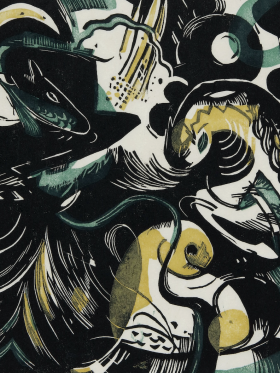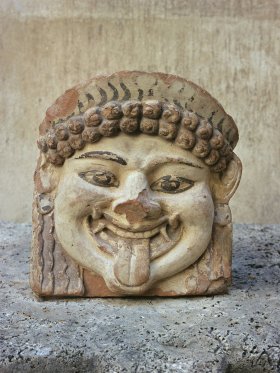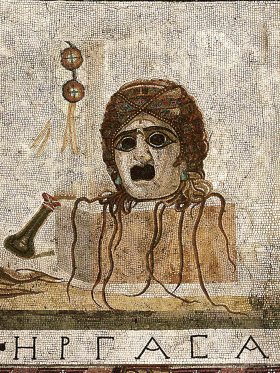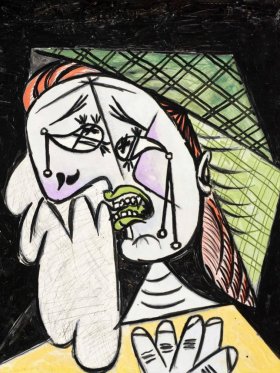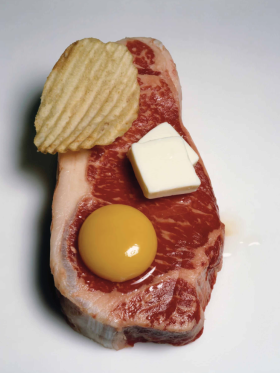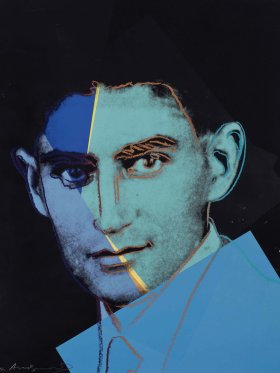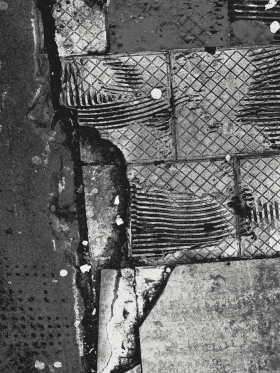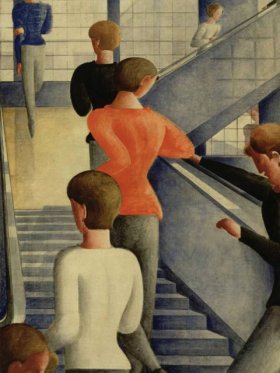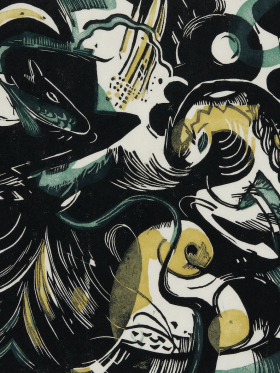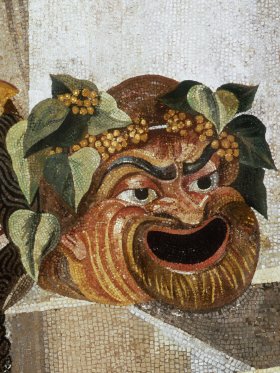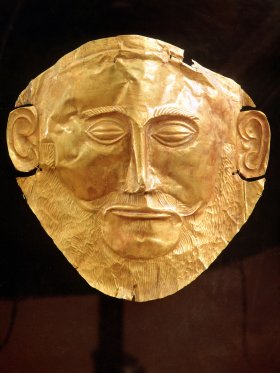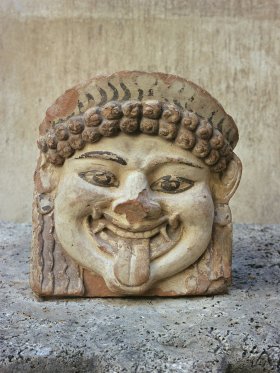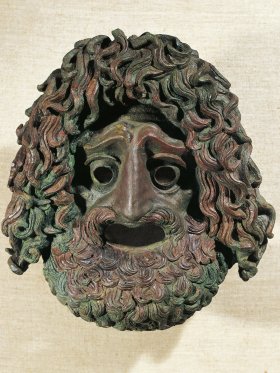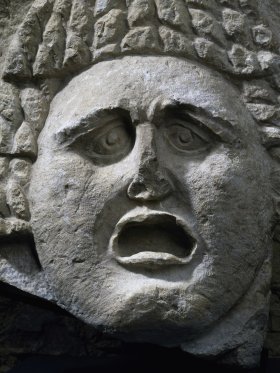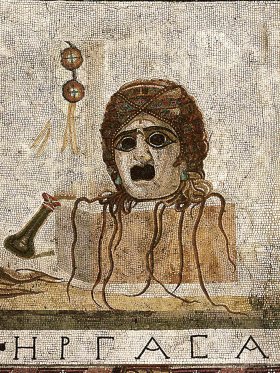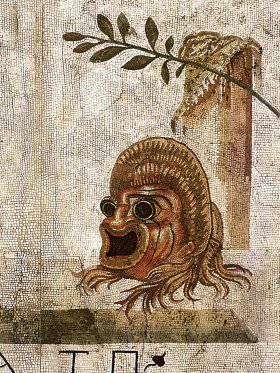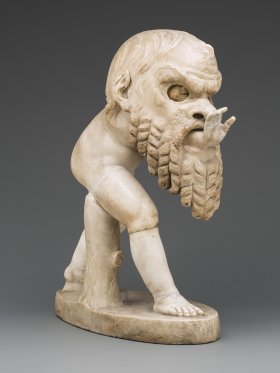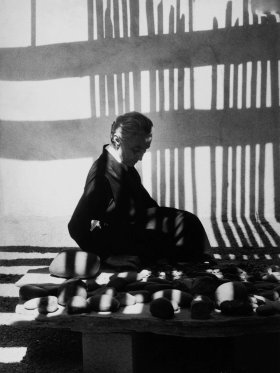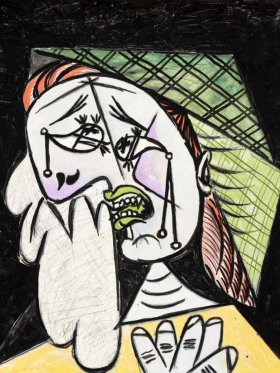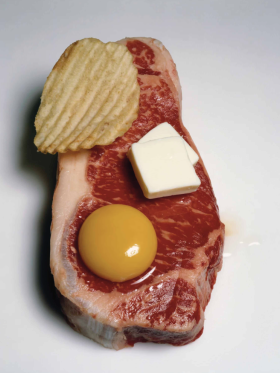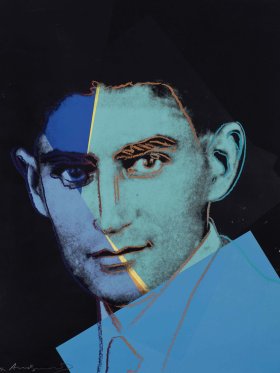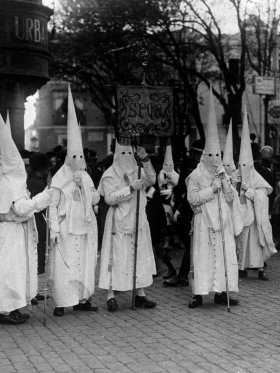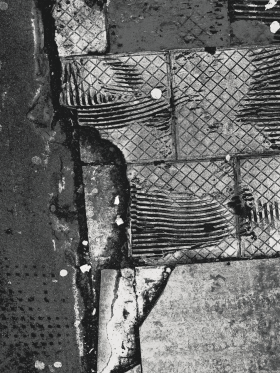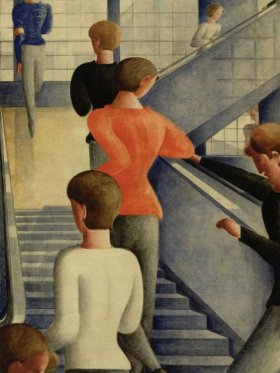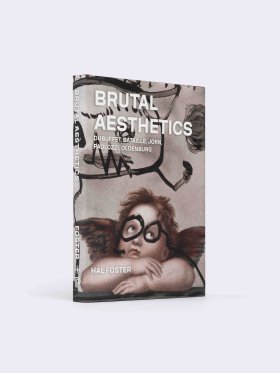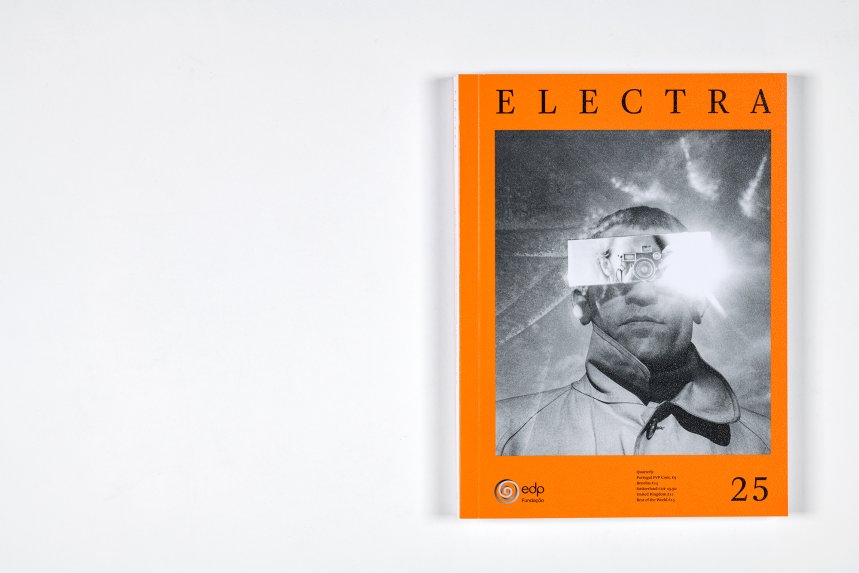
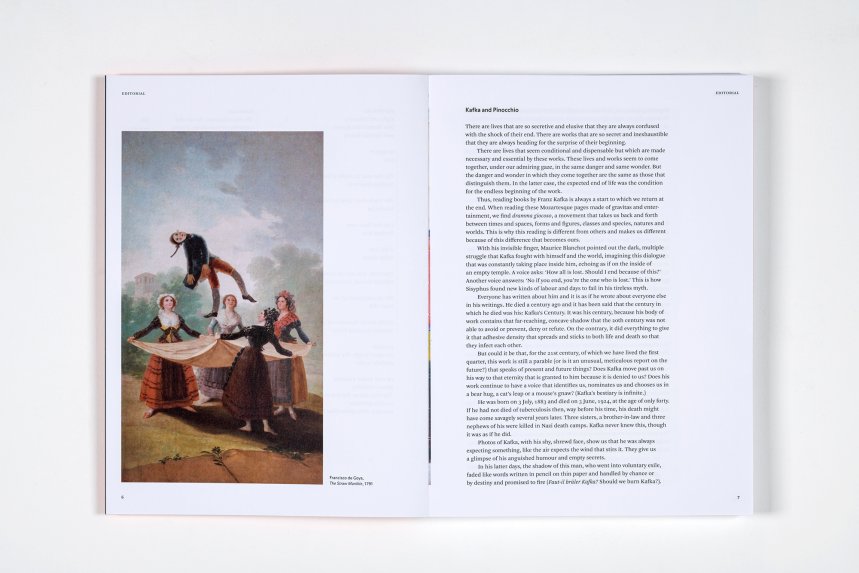
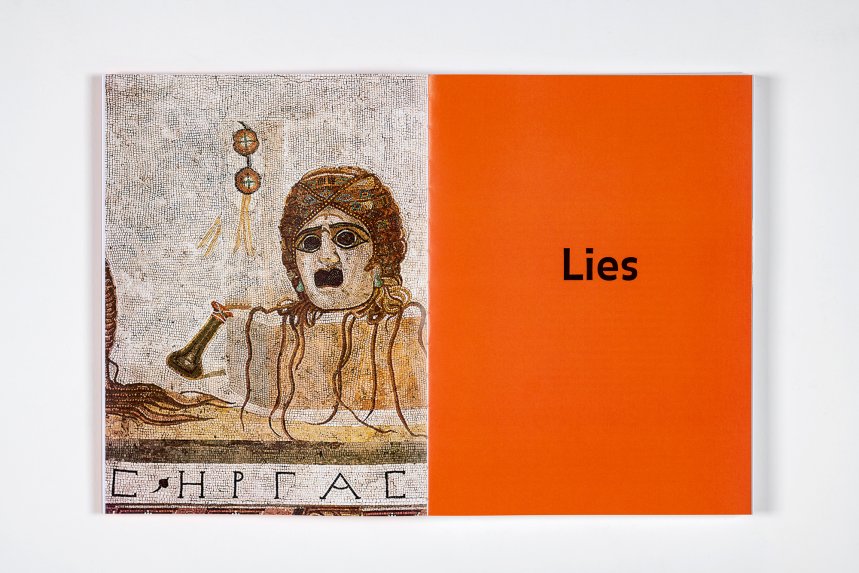
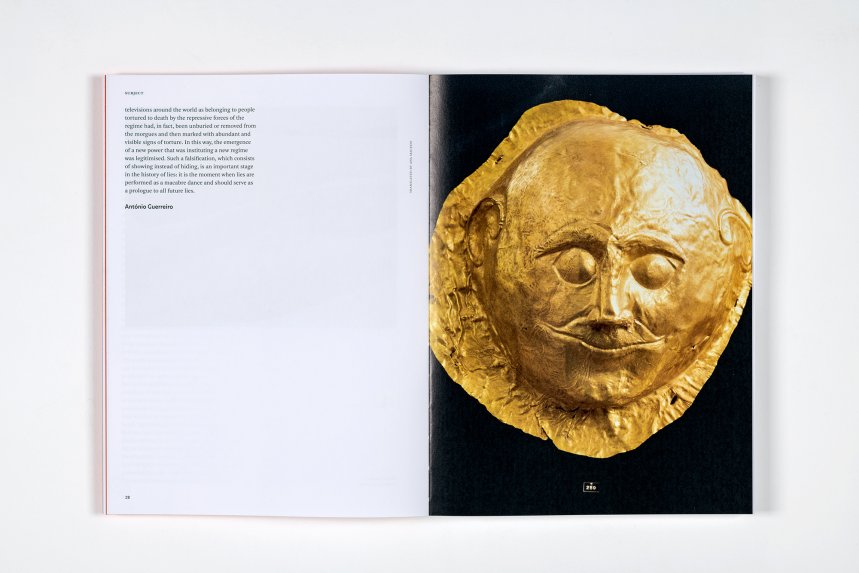
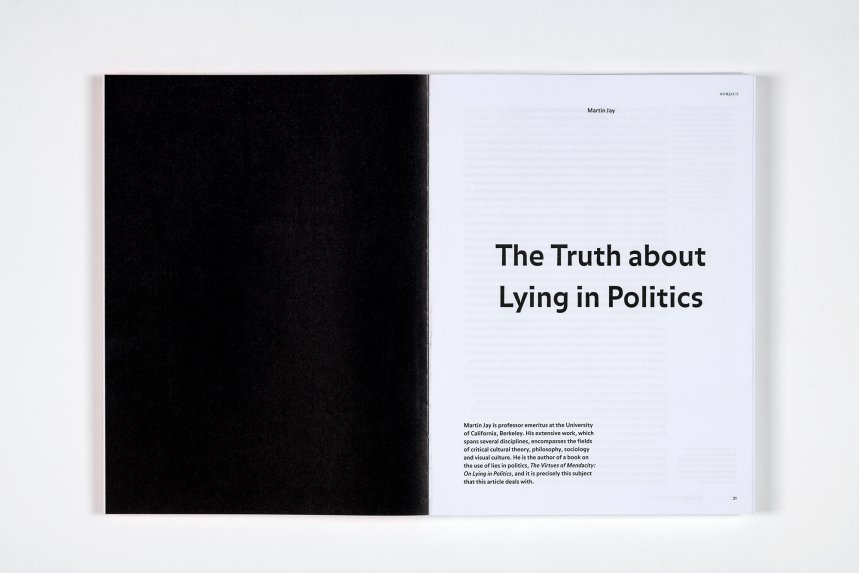
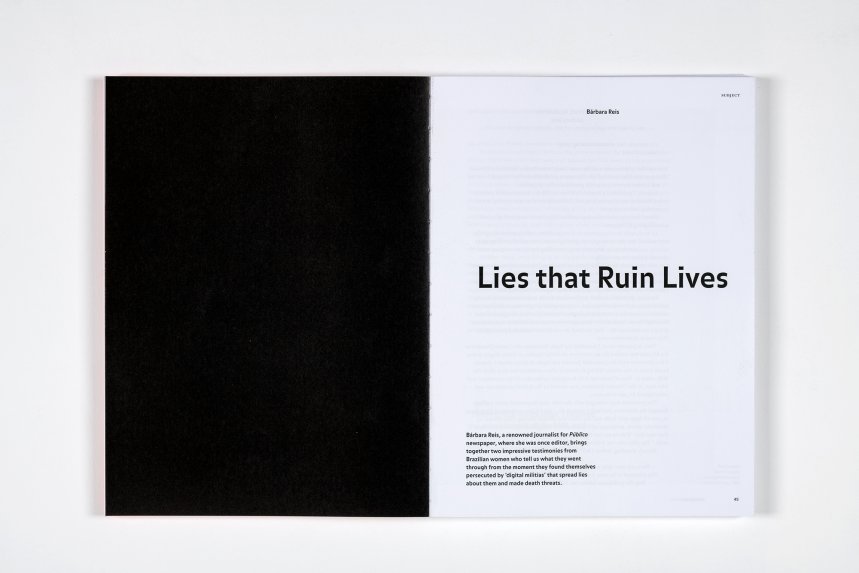
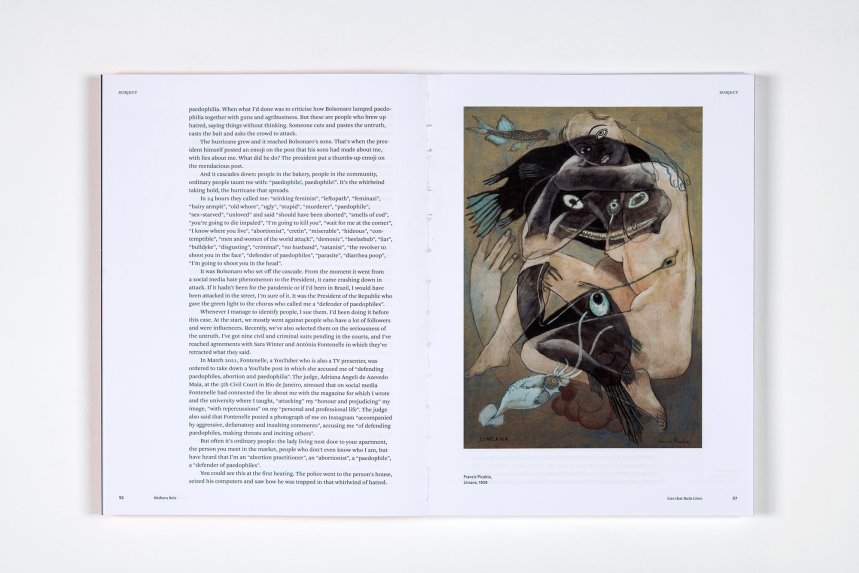
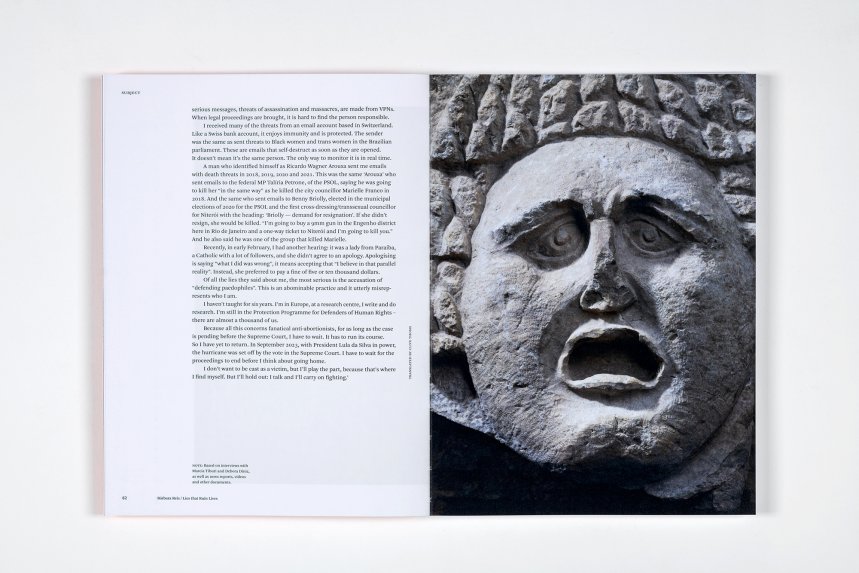
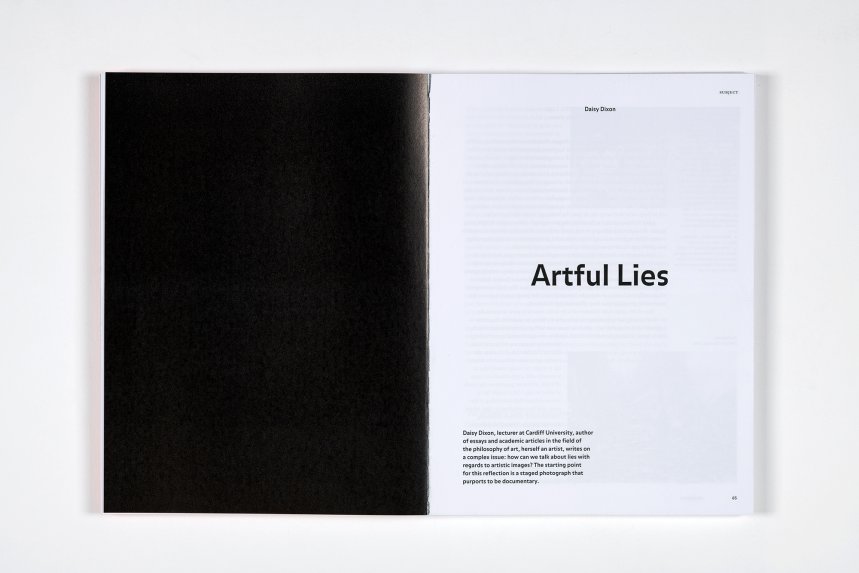
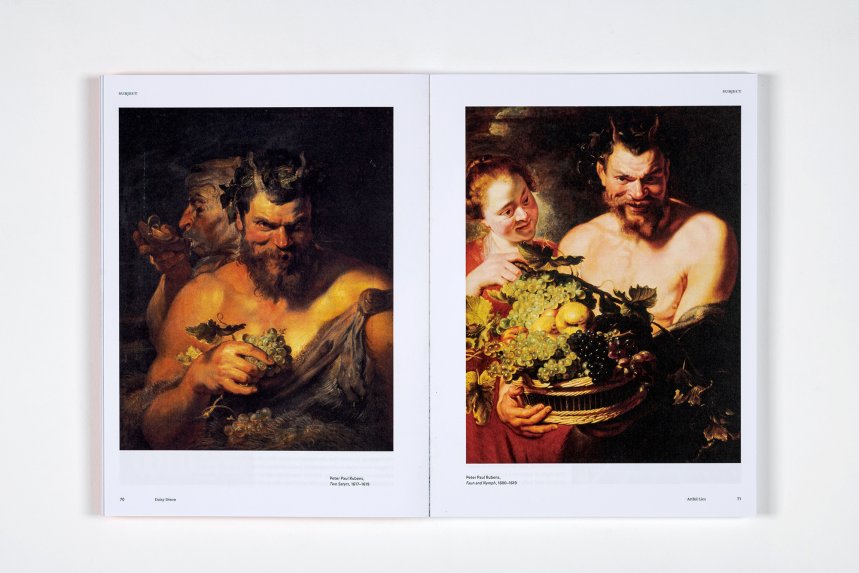
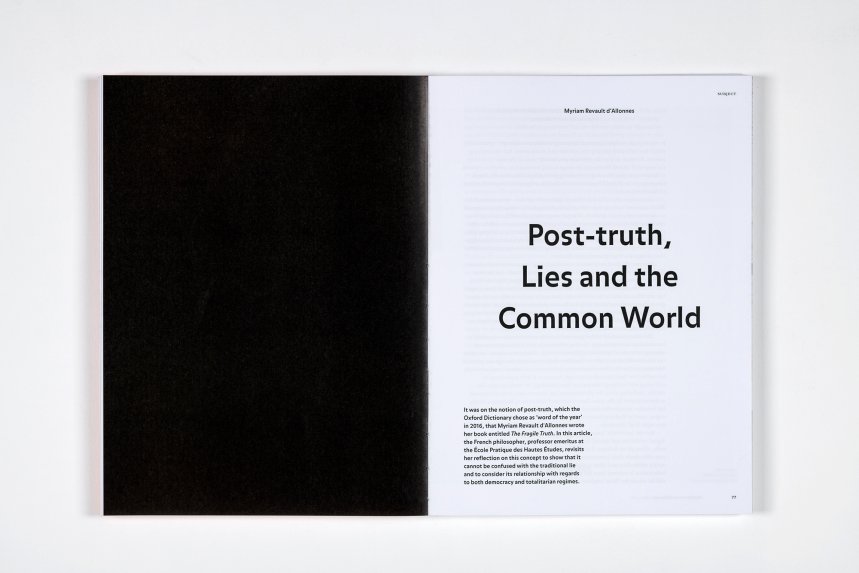
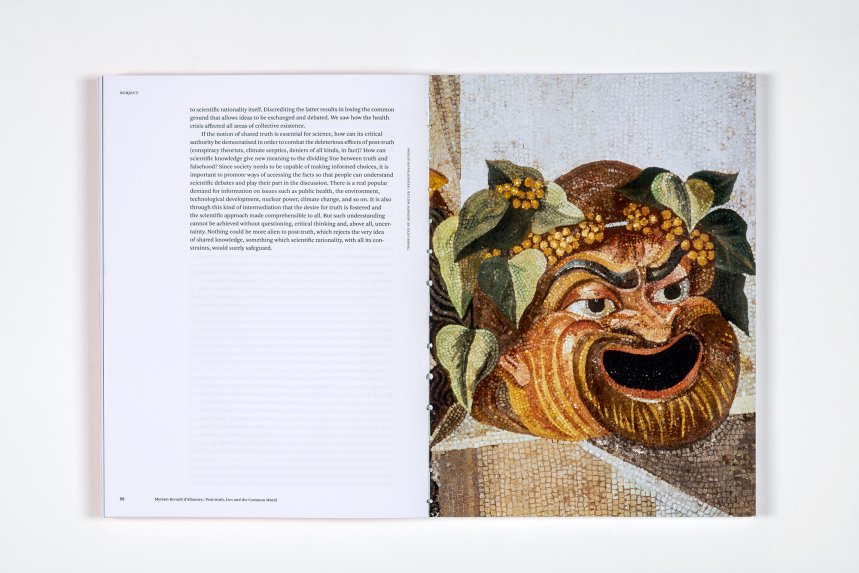
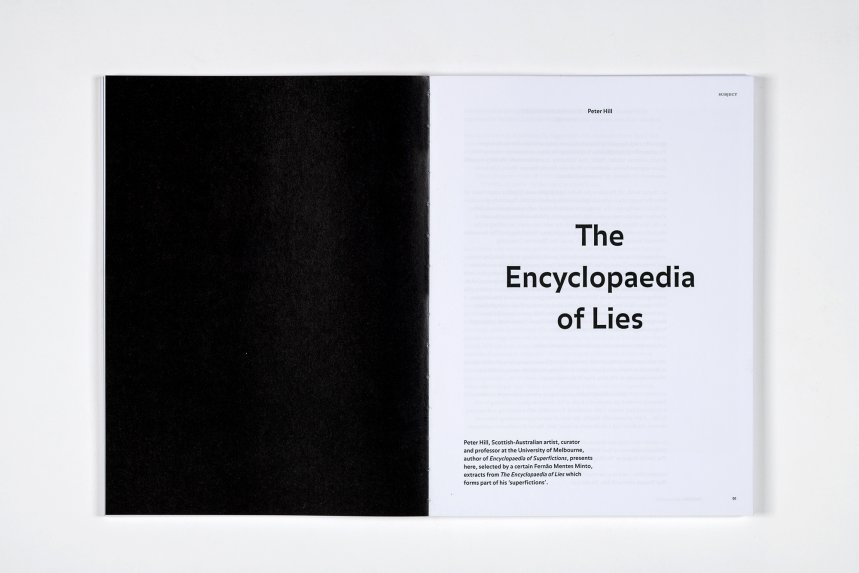
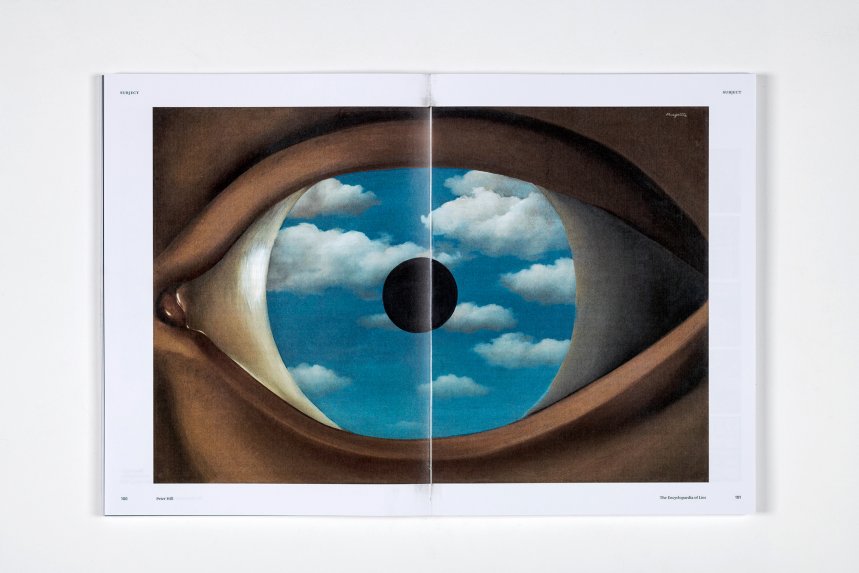
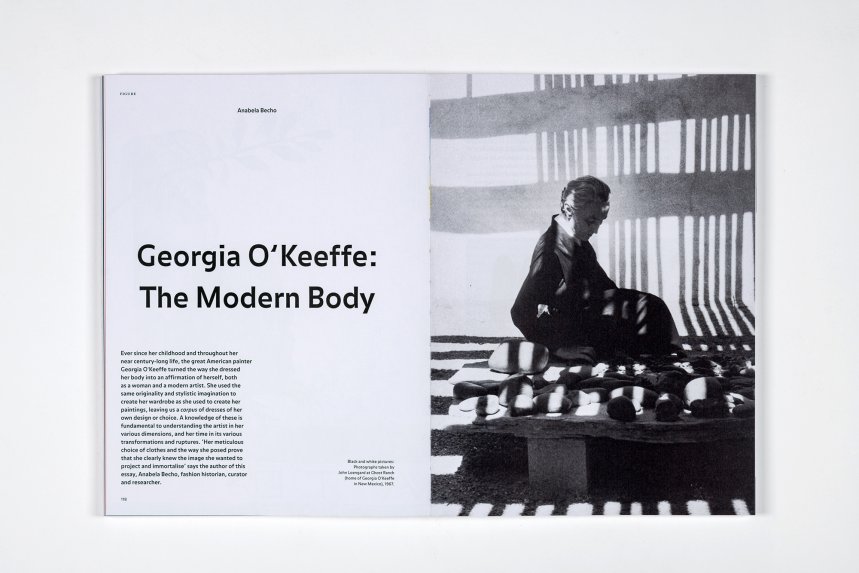
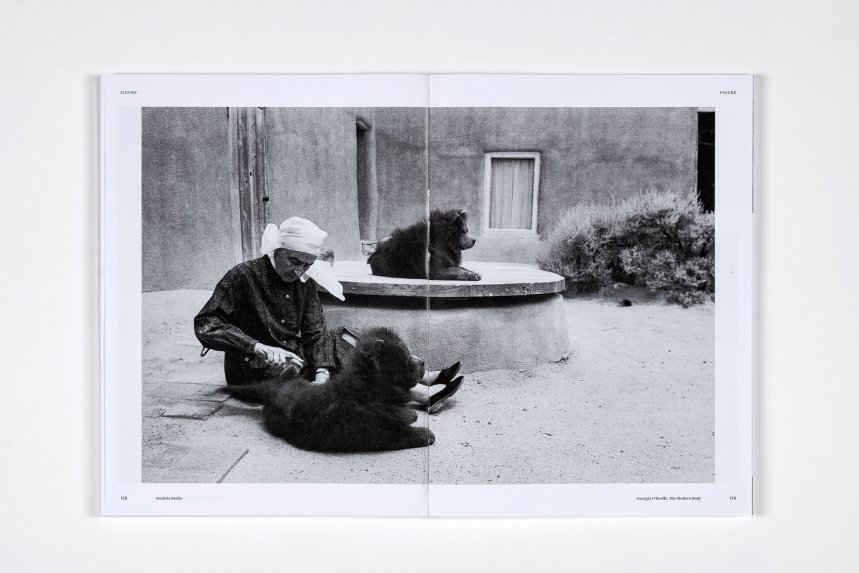
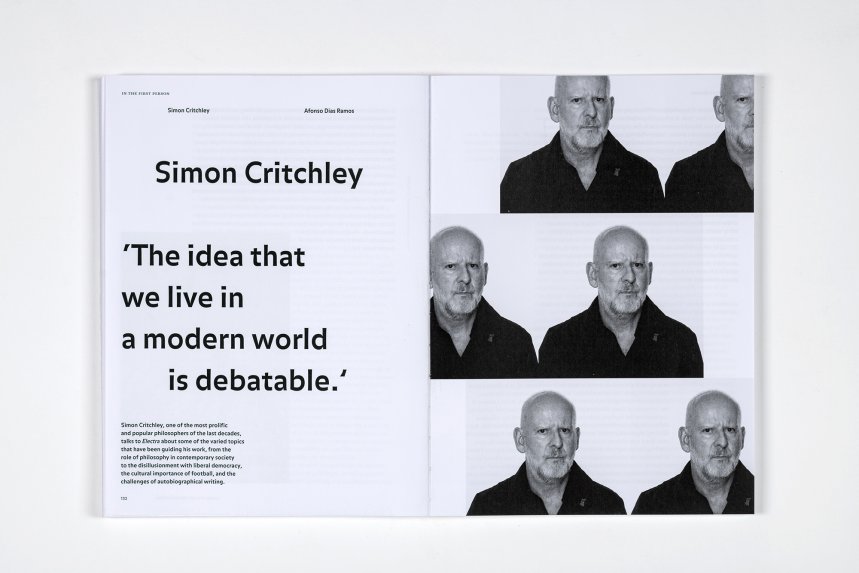
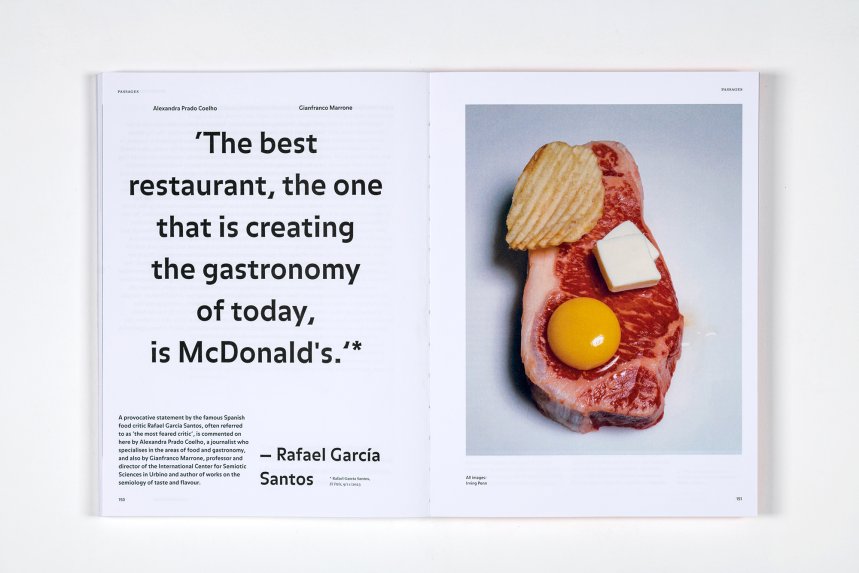
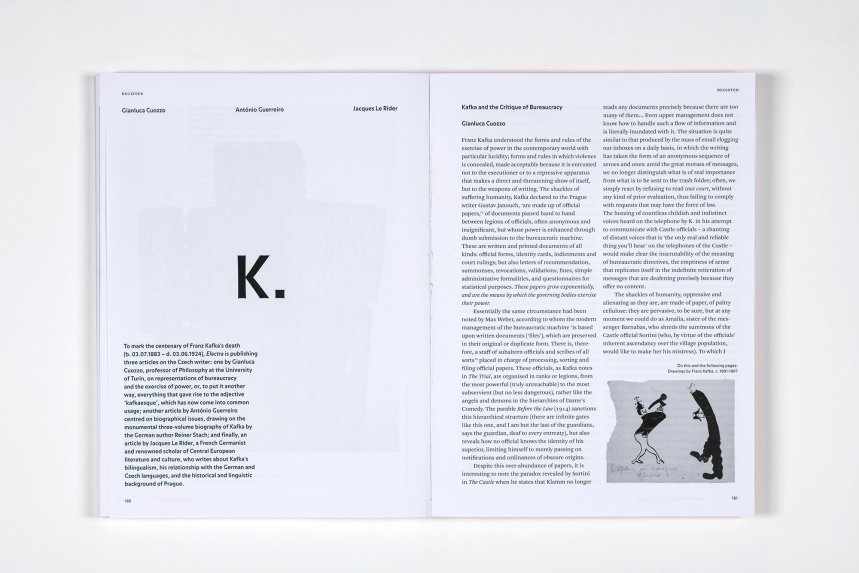
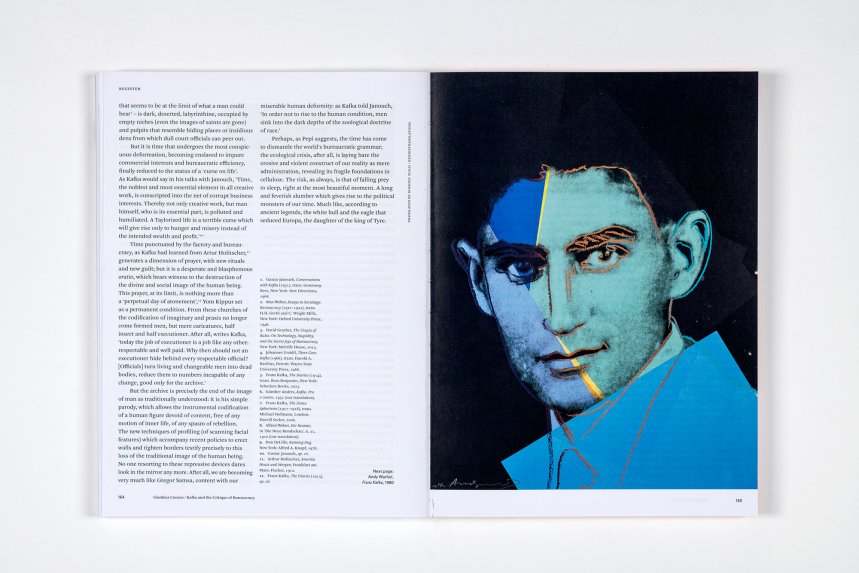
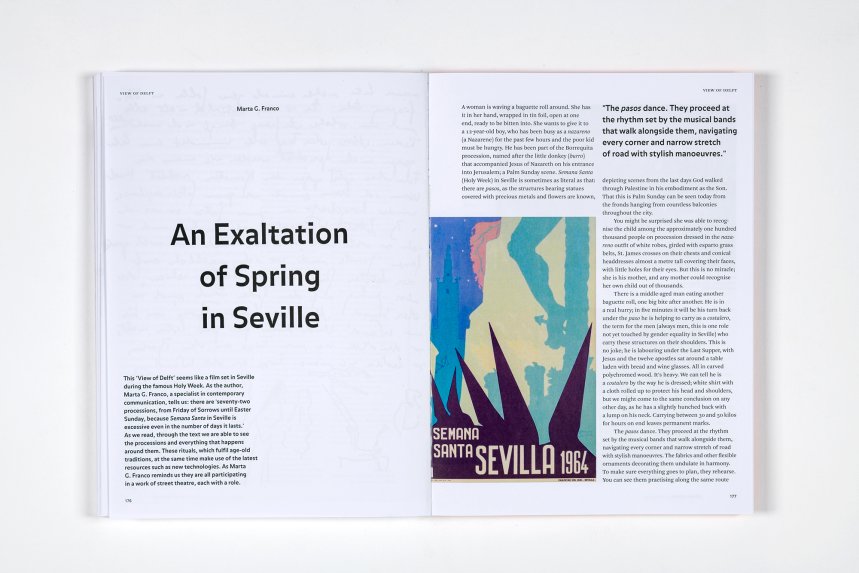
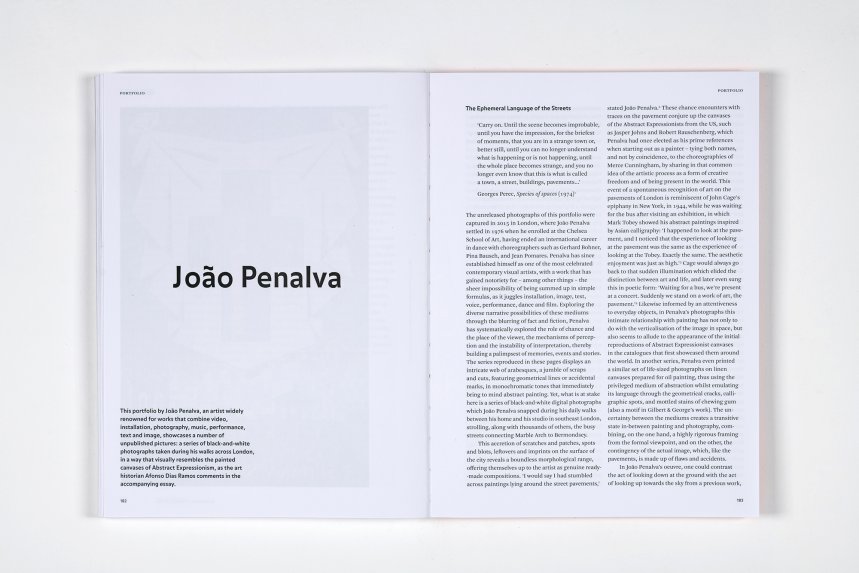
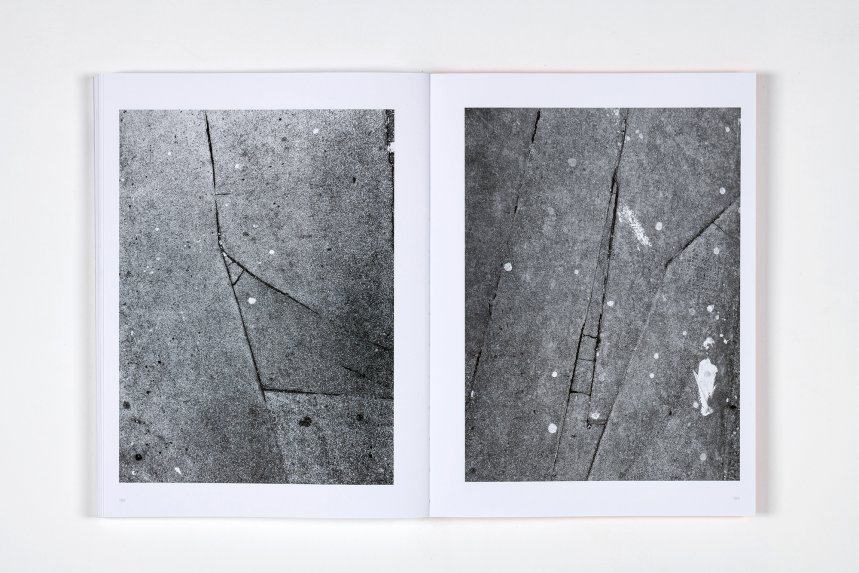
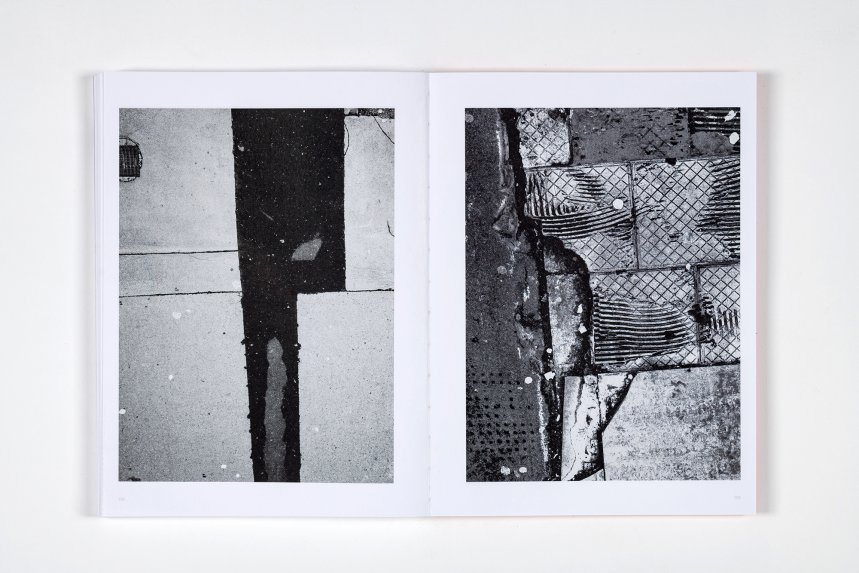
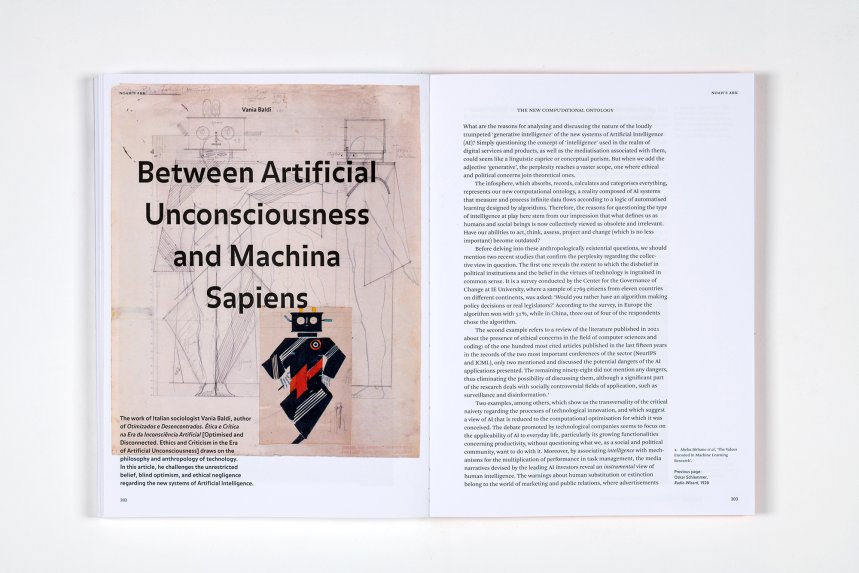
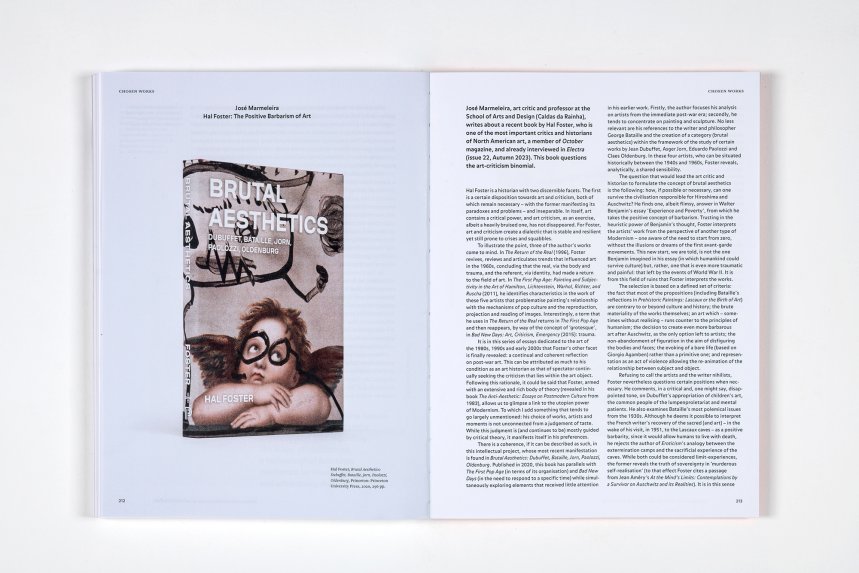
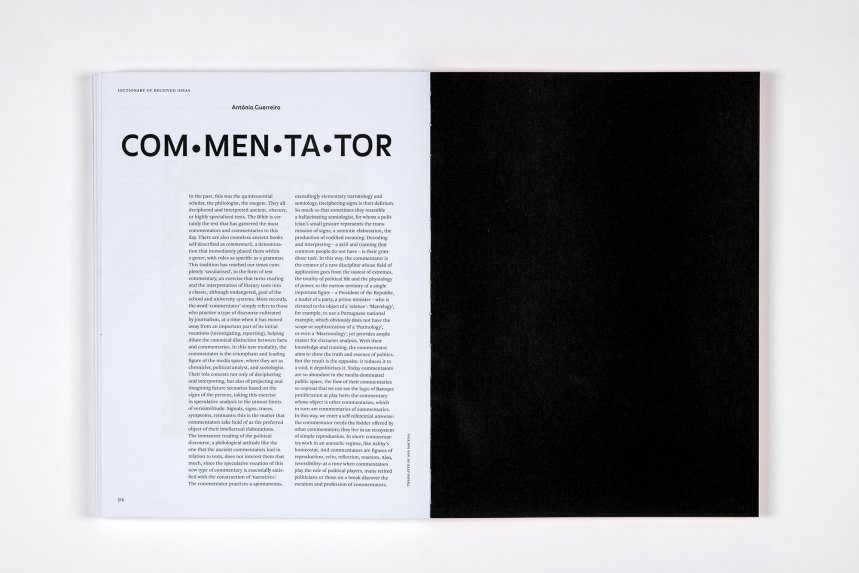
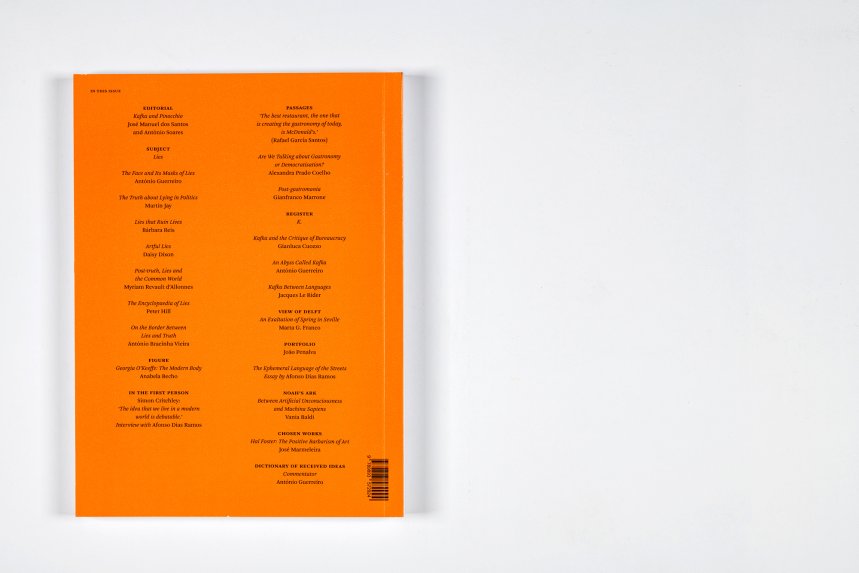
‘We have never lied as much as today. Nor have we ever done it so blatantly, systematically and constantly.’ These words were written by Russian-born French philosopher Alexandre Koyré during the Second World War, a statement that takes on a new and unexpected relevance in our time. The history of humanity is inseparable from the history of lies, recording its forms and metamorphoses through the centuries and according to the paradigms of each era and its social, economic, cultural and religious practices. ‘‘Lies’ is the subject of the Electra #25 central dossier, a theme that is both universal and contemporary, in an issue that includes contributions on politics, art and images, the post-truth media regime and fake news, the stages of phylogenetic natural history, and the hegemony of technology. On ‘Lies’ we find texts by Martin Jay, Bárbara Reis, Daisy Dixon, Myriam Revault d’Allonnes, Peter Hill, and António Bracinha Vieira.
For the centenary of Franz Kafka's death, this issue features three articles on the Czech writer: one by Gianluca Cuozzo on representations of bureaucracy and the exercise of power; another by António Guerreiro focusing on biographical issues; and finally, an article by Jacques Le Rider on Kafka's bilingual condition, his relationship with the German and Czech languages, and the historical and linguistic context of Prague.
Simon Critchley, one of the most prolific and popular philosophers of recent decades, speaks to Electra about some of the themes that have guided his work, from the place of philosophy in contemporary society to the disillusionment with liberal democracy, from the cultural importance of football to the challenge of autobiographical writing.
This issue's portfolio presents a new series of photographs by João Penalva, an artist widely recognised for his work that crosses video, installation, photography, music, performance, text, and image. The ‘Figure’ of this issue is Anabela Becho, fashion historian, curator and researcher, who shows us how the great American painter Georgia O'Keeffe turned the way she dressed her body into an affirmation of herself, both as a woman and a modern artist. In a new section of Electra entitled ‘Noah's Ark’, Italian sociologist Vania Baldi questions the limitless belief in AI and the ethical neglect towards new Artificial Intelligence systems.
Also in this issue, journalist Alexandra Prado Coelho and semiotics professor Gianfranco Marrone comment on a provocative statement by the famous and feared Spanish gastronomic critic Rafael García Santos; Marta G. Franco tells us about Holy Week in Seville; art critic José Marmeleira writes about a recent book by Hal Foster, one of North America’s best known art critics and historians; and António Guerreiro reflects on the word ‘Commentator’.
